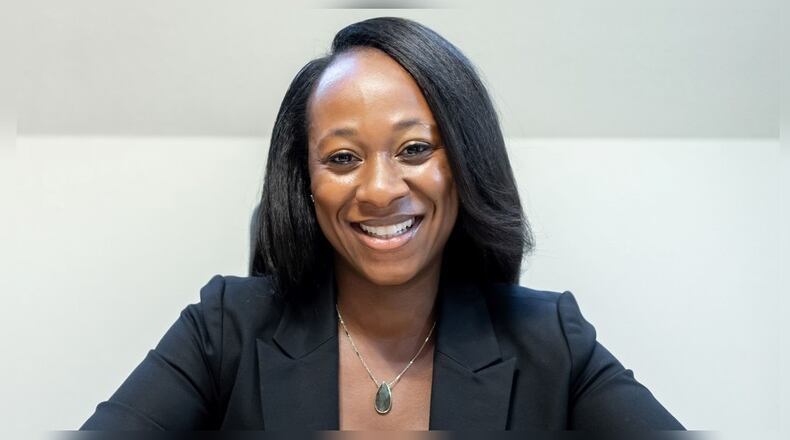Last year’s inaugural symposium was shaped by the “Undesign the Redline” exhibit and was the first time community members from all walks of life convened in this manner to discuss the pervasiveness of racism and its impact on housing. This year, the symposium continued in the effort to build intentionality around the ways the City of Dayton is working to eradicate social inequities as a result of those inaugural discussions.
As with many community-focused conventions, what is important about the mission and future of the symposium is that we build momentum to push back against oppression. The speakers and audience alike were invited to challenge housing injustice through combined dialogue and action. It was an opportunity for consciousness-building and strategic planning for communities and organizations. The potential for change became substantiated in the process and activities of this kind of deliberate community engagement.
During what might be considered one of the most challenging times in the history of our constitutional democracy, civilians are being asked to come together to raise awareness around the importance of housing justice. It is more important than ever for all of us to become partners in creating positive change. The City of Dayton embraced this charge and engaged in courageous conversations that made it possible for all who attended to conceive of a more just concept of community. Community members from multiple fields and organizations came together in a critical way.
Now, more than ever, the racial justice we seek is approached through methods that are currently not the methods of familiarity or comfort, but uniquely positioned to be recognized as pathways in all industries ranging from healthcare to business to higher education. Coalition-building was another key learning and is as important now as it was in our history of social and political movements. The symposium showcased the work of critical reflection, analysis, and action and was a commitment to collaboration focused on transformative change. People are at the core of transformation. Thus, people came together to collaborate and focus on the practice of justice and what that can look like moving forward. The symposium was an opportunity to respond to the inequitable ways that past injustices have exacerbated a racial and economic crisis and placed humanity at the intersection of a new normal and the status quo. The exchange of ideas that occurred at the symposium can and will empower and enlighten us all.
Through a social justice lens that attempts to eradicate social inequities, the symposium supported a focus on highlighting and leveraging the critical knowledges within the Dayton community. The success and well-being of Dayton’s youth and adults depends on the community’s ability to nullify economic disadvantage by providing tangible examples of how housing disparities, for example, diminish the concept of community.
In order to determine the actions that lead to a commitment to strategic and effective community development, we must practice what we preach. The symposium was an opportunity to construct agendas that focus on projects that value social change and revitalize institutional commitments that can lead to equity for all.
Dr. Aaliyah Baker is a community-engaged scholar and faculty member in the Department of Educational Administration at the University of Dayton, School of Education and Health Sciences.
About the Author
